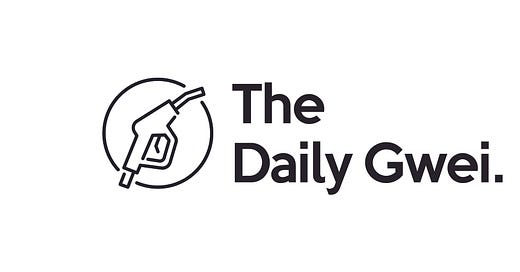Wallets are the front door for crypto and literally everyone who owns some cryptoassets has one (even if its on a centralized exchange). There’s desktop wallets, browser wallets, mobile wallets, hardware wallets and more and at their core they all do one thing: provide you with a public/private key pair so that you can interact with a crypto-network.

Of course, having a wallet that just provides you with a public/private key pair isn’t enough for the modern day crypto user - they require much more information to keep track of everything that they’re doing - hence the rise of portfolio tracking tools such as Zapper and Zerion. Though as Seb notes above, it’s actually quite hard to “build a Zapper” due to a myriad of factors such as having to spin up & maintain supporting infrastructure, dealing with customer support, making the UI/UX of the dashboard a pleasant experience and many more things that happen in the background. This isn’t to say that building a traditional crypto wallet is easy or anything - but as I said, wallets need to be much more than just a public/private key pair if they want to compete for users in the modern crypto age.
There are currently a tonne of different wallets out there but only very few “winners” so far that are taking the lion’s share of the market. Obviously MetaMask rules the browser extension game, you have many mobile wallets with the popular ones seemingly being MetaMask mobile & Coinbase Wallet, and Ledger, Trezor & GridPlus seem to dominate the hardware wallet scene. Of course, given this is crypto, all of this is interoperable and users can do things like passthrough their hardware wallet via MetaMask and then track/interact with Zapper. Even still, I do expect wallets to continue to exhibit a power-law distribution regardless of this interoperability.
A perfect example of how a wallet can monetize is what MetaMask did where they built a decentralized exchange aggregator right into their wallet and take a 0.8% fee from every swap. Since integrating this feature, they’ve been making millions of dollars a month with little to no maintenance needed because they just piggy-back off of existing Ethereum DEXs (no need for them to bootstrap their own liquidity). Now imagine extending this out to every single thing you can do in DeFi - wallets have the opportunity to create seamless interfaces for the masses and they can easily charge a premium for it.
The wallet/portfolio trackers that provide all of this will end up being absolutely monstrous companies - I’m talking market caps exceeding $100 billion. I mean, how could they not? A wallet is literally the front-door for everything a user does on-chain and if you can own that interface then there are countless ways to monetize it (all while keeping things non-custodial)! It’s a win-win-win - all the benefits of providing “banking services” with none (or very little) of the regulatory/legal risks - what an amazing business to be in (if you can do it right).
Have a great day everyone,
Anthony Sassano
Enjoyed today’s piece? I send out a fresh one every week day - be sure to subscribe to receive it in your inbox!
Join the Daily Gwei Ecosystem
All information presented above is for educational purposes only and should not be taken as investment advice.




